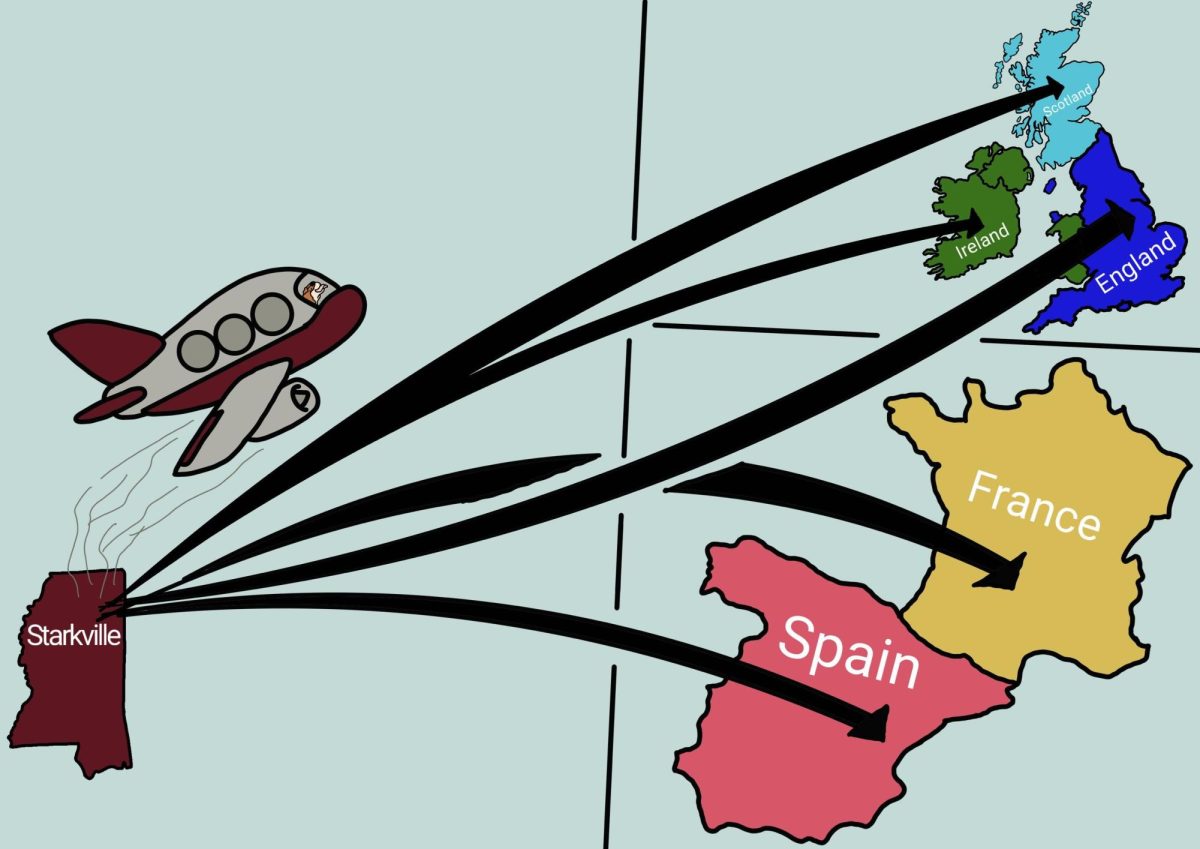Long-term fans of The Hunger Games trilogy (like myself) have recently been faced with difficulty – cringe-inducing comparisons to fans of a certain pathetic, young-adult series that features sparkling vampires, scrutiny from part of the public for liking a “popular” series as buzz around the series has increased and, above all else, the question of whether the movie would capture the spirit and message of its source material.
After years of imagination, months of anticipation and weeks worth of planning to see the adaptation opening day in theaters, I now have my answer. “The Hunger Games” director Gary Ross’s vision successfully allows for Suzanne Collins’s book to effortlessly transition from page to screen.
“The Hunger Games,” the first in a proposed series of films based off Collins’s trilogy, focuses on a dystopian North America called Panem ruled by the wealthy Capitol. In this future, 12 districts must offer as tribute a boy and a girl to fight to the death in a gladiator-like reality show called the Hunger Games in penance for rebelling against the Capitol years before.
Katniss Everdeen (Jennifer Lawrence) becomes the first volunteer tribute of District 12, taking her younger sister’s place in the arena. In order to return home, Katniss must be crowned victor by surviving and defeating the 23 contestants, including her fellow District 12 tribute Peeta Mellark (Josh Hutcherson).
Lawrence portrays the Katniss of the book series – a strong, unflinching young woman who understands she must make hard decisions to survive. Katniss’s independence and love for her sister (stronger than that of any feelings she has toward a love interest) set her apart from typical heroines in action films. She is not a supporting love interest to the hero – she’s the protagonist, and Lawrence draws the audience in with her solid line delivery and nuanced expressions that convey Katniss’s inner thoughts.
The rest of the cast perfectly fits the characters created by Collins. Hutcherson’s Peeta remains the charismatic, selfless hero. As Cinna, Lenny Kravitz brings energy to the role as Katniss’ stylist. Woody Harrleson (Haymitch) and Elizabeth Banks (Effie) occasionally spar comedy and respectively keep the drunken mentor and materialistic Capitol pawn from becoming one-note, outrageous characters.
The scriptwriters (including Collins, who helped adapt the novel) made the wise decision to balance emotion with action. And, although parts of the book are omitted or slightly altered, the intent of the movie aligns with its source material. The filmmakers do not ignore the violent nature of the story and choose moments of blatant bloodshed for when it serves a purpose.
It’s no surprise the movie is already breaking box-office records – it’s a well-crafted film that respects a popular series’ source material and can easily enough attract new fans.
Some book-to-screen adaptations disappoint because of lack of faithfulness to the source material (see The Chronicles of Narnia), some barely make an effort knowing screaming girls (and 40-year-old women) will show up in droves to swoon no matter what (The Twilight Saga) and some lack the emotional intensity of their source material (several of the Harry Potter films). As a fan, I have never been more pleased with a film adaptation of a young adult book series.
But what makes “The Hunger Games” so successful is its ability to be more than an action film. At its heart, “The Hunger Games” is a story about surviving against impossible circumstances and making sacrifices for love.

























































































